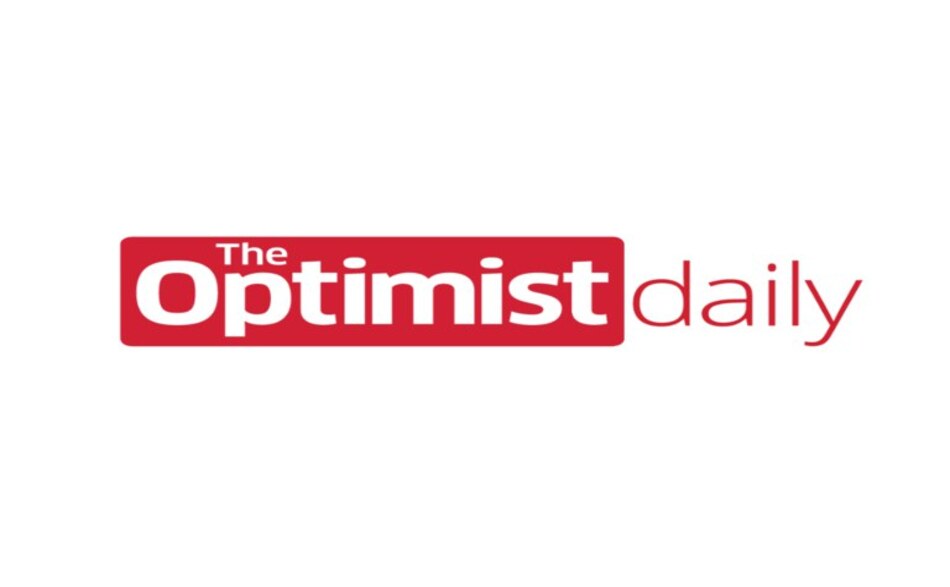According to Feeding America, as many as 35 million Americans experienced food insecurity prior to Covid-19. As a result of the pandemic, that number has grown to 42 million in 2021.
Pittsburg nonprofit 412 Food Rescue thinks that the root problem of hunger lies in the distribution of food since as much as 40 percent of perfectly good food ends up in the bin.
With that goal in mind, 412 Food Rescue partnered with Pittsburgh institution Carnegie Mellon University to develop an algorithm for an app that can help solve the distribution problem. The result was Food Rescue Hero: a platform, now licensed to 11 other cities in the US and Canada, that facilitates delivery logistics for getting surplus food to those in need.
As 412 Food Rescue founder Leah Lizarondo tells Fast Company, Food Rescue Hero consists of a “network of thousands of drivers,” who use their own cars to pick up surplus food from grocery stores, or catered supplies from offices, universities, and sports events, and drop them off to a number of social services organizations.
These organizations, in turn, provide food to local residents who may experience food insecurity. The entire workforce participating in this initiative works on a voluntary basis.
As part of the model, volunteers get push notifications to make deliveries nearby, so there is little inconvenience to their daily routines. As such, the food gets dropped off at a range of locations including people’s homes, thus helping the least mobile, who are often the most at risk of hunger. “It can serve the senior who certainly cannot carry a 15-pound box for a mile,” says Lizarando. The platform is currently delivering as much as 1.2 million pounds of food per month in Pittsburgh alone.
Image source: Food Rescue Hero












